
Radio Marneuli has for years complained of being ignored by the local authorities. During this year’s coronavirus lockdowns, this has left the community in a dangerous information vacuum.
In March this year, the Georgian Government quarantined the municipality of Marneuli and put it on lockdown, letting no one in or out. The region, which hosts large populations of ethnic Azerbaijanis and Armenians, was among the first and hardest hit in Georgia.
Journalists from Radio Marneuli, a small, independent outfit that broadcasts and publishes in three languages, stepped up to the challenge.
‘When Marneuli was closed off, everything bad that could happen to a journalist happened to us’, says Kamilla Mamedova, their managing director.
‘All my mornings began by going to the checkpoint — where the police, who seemed confused, didn’t let us work normally and were aggressive’, Mamedova tells OC Media.
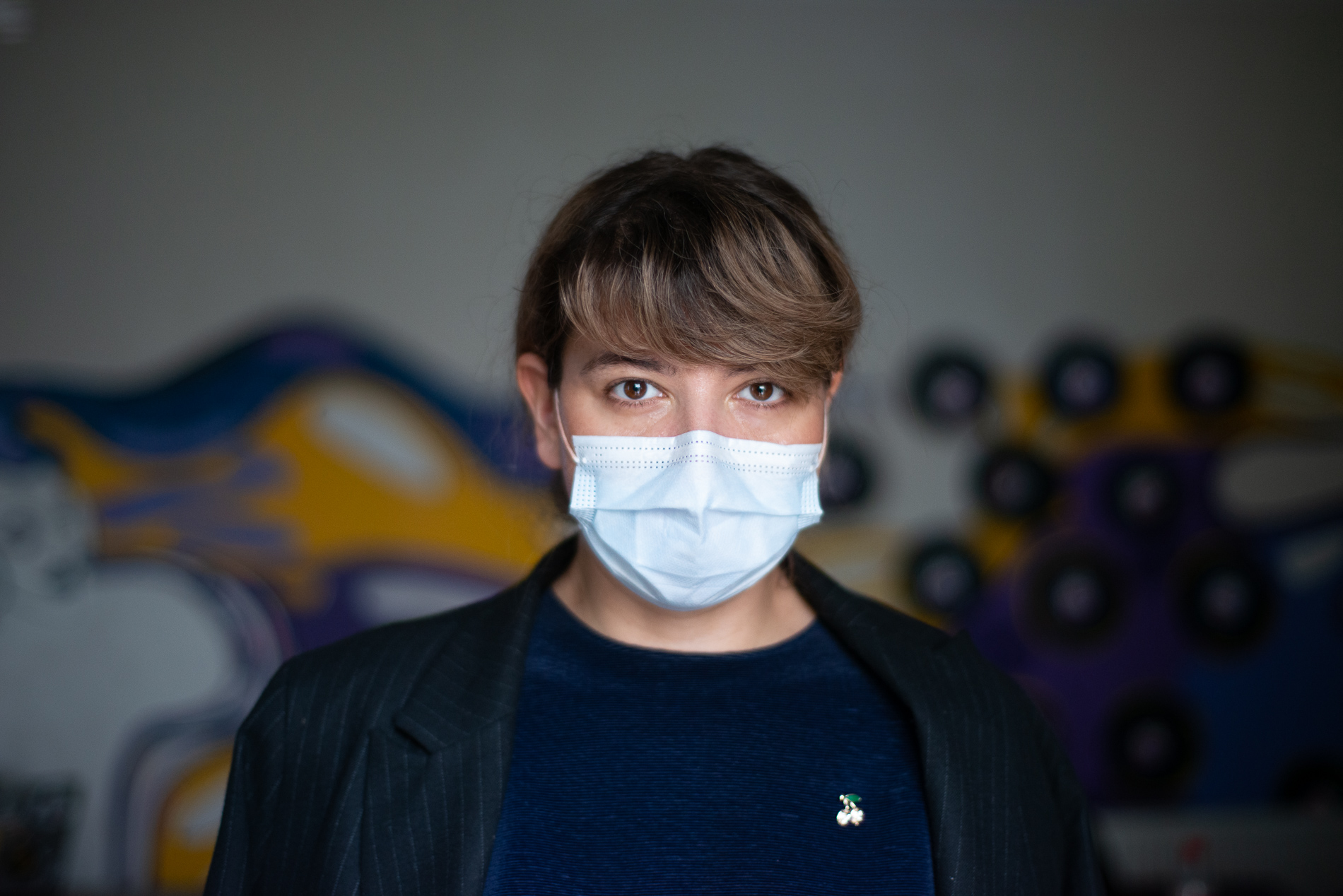
‘The mayor’s office didn’t respond to our calls. It was painful to see the mayor, who didn’t have time for us local media who report in Georgian, Azerbaijani and Armenian for our community, get in his car and drive away to talk to outside media, those that the population of Marneuli cannot understand.’
According to Mamedova, their priority during the pandemic has simply been to keep people informed.
The people’s radio
Radio Marneuli was founded in 2006 with the support of the BBC. In 2015, they received a broadcasting license following a lengthy battle with the National Communication Commission.
The station has the reputation of a fiercely critical media outlet in the community, one that does not shy away from reporting about problems. ‘We are also trying to promote certain values, and the attitude towards us is generally positive’, Mamedova says.
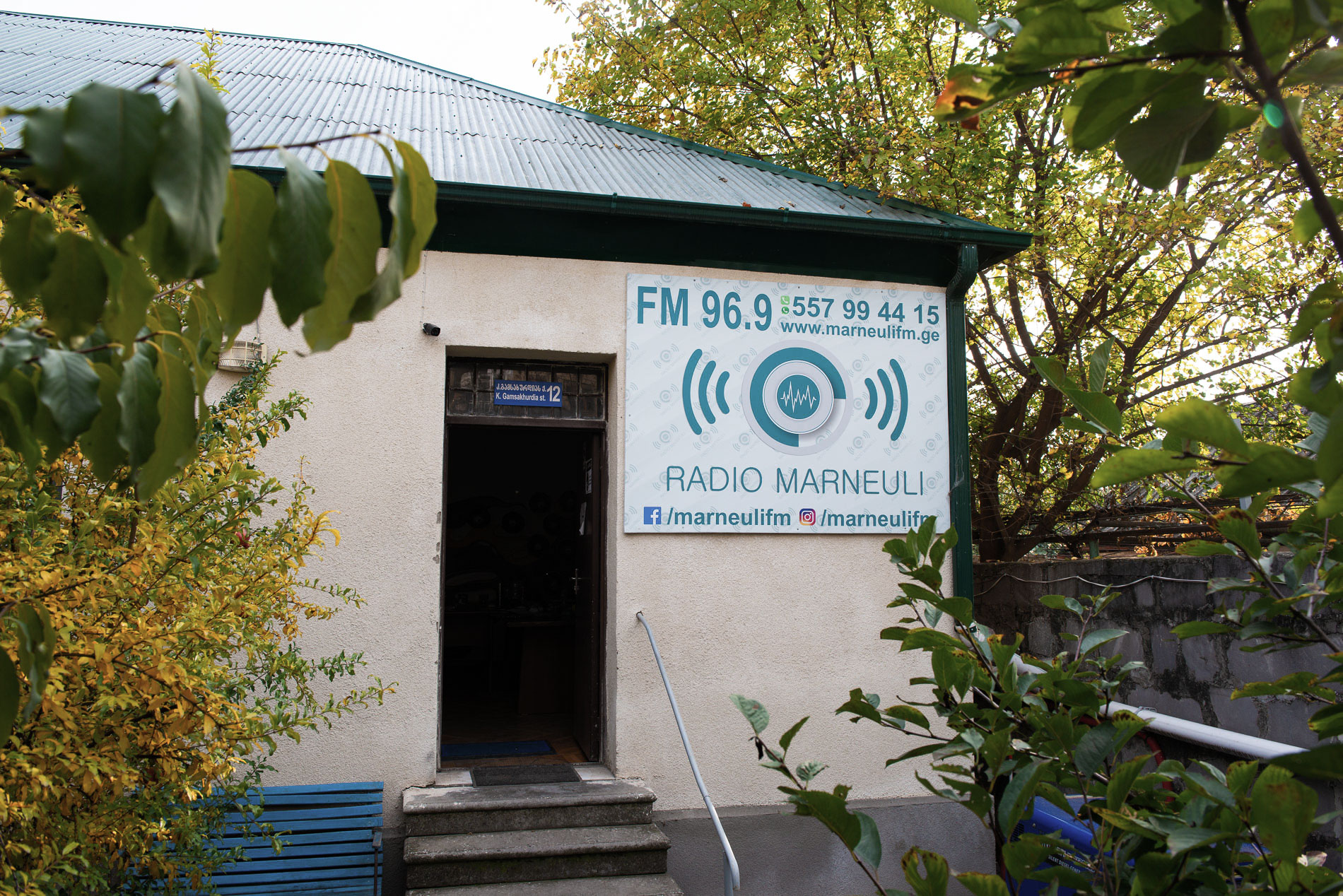
But their reports have not always been well received. ‘In 2016, after we got our license, we were reporting on the elections from a gender point of view and were laughed at and called a “women’s radio”. Of course, now this has changed from people’s side’
According to the staff at Radio Marneuli, their relationship with the local authorities first began to sour after they wrote a story on the previous mayor, Temur Abazov.
‘When one of our journalists asked at a meeting why no women were present, he replied that they were preparing food for their spouses. We wrote about it, and we’ve been rivals ever since.’
When Marneuli elected Zaur Dargali, a former colleague at the station who had fought by their side in getting a license to broadcast, Mamedova had hopes that their relationship with the authorities would improve.
‘Instead, the appointment changed him’, she says.
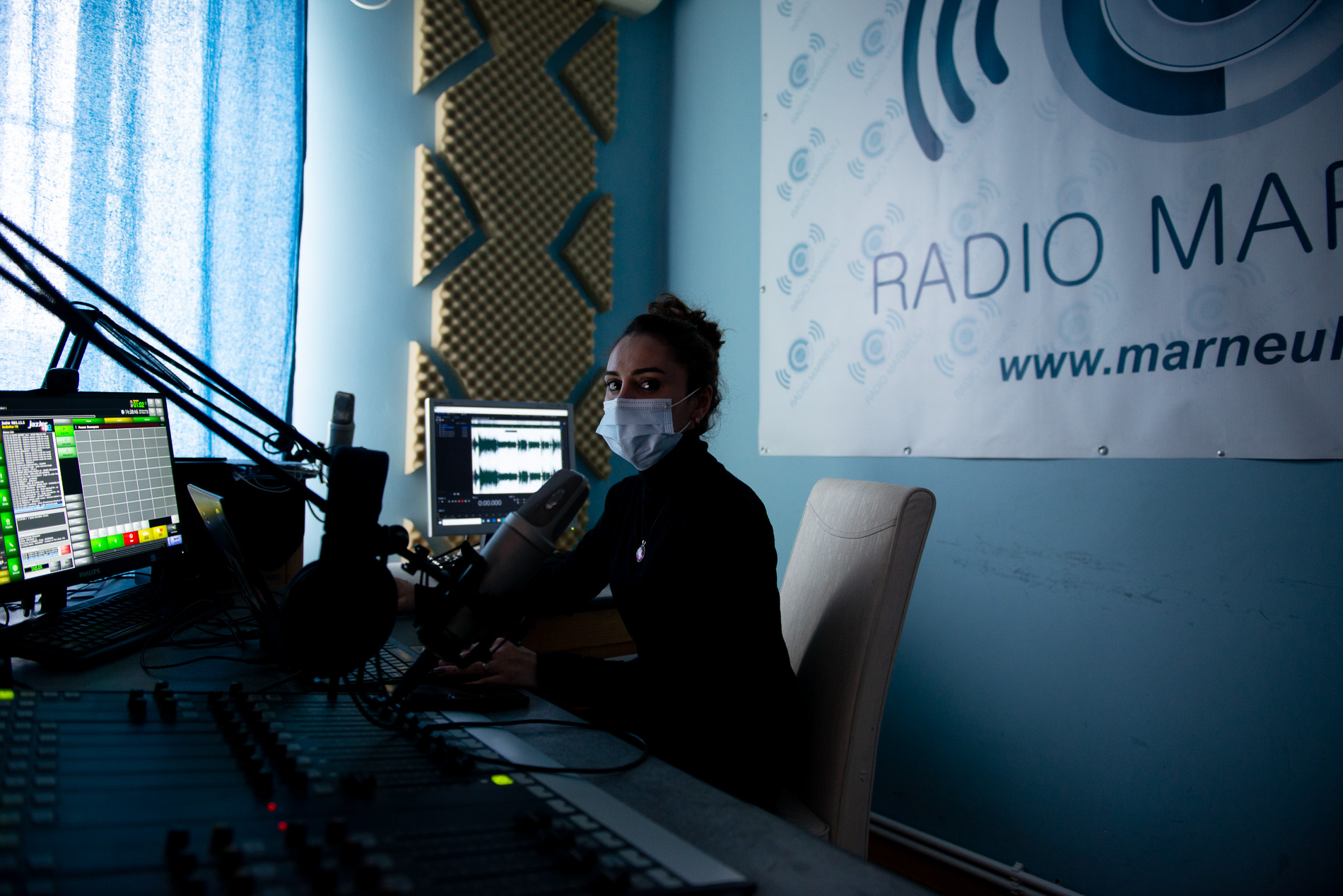
Mamedova and her staff never receive a call when the mayor is broadcasting live. Nor are they notified by TV Marenuli, who have a contract with the state and received ₾126,000 ($38,000) this year to cover council meetings.
The power of the state also scares off potential respondents from the community.
‘We’re constantly struggling with respondents unwilling to go on the record. Most of them want to speak anonymously because they’re scared — and not for nothing. For instance, for a school director, being friends with the current government guarantees them their position’, Mamedova says.
During the pandemic, this reluctancy to communicate with the local population soon proved to be a mistake.
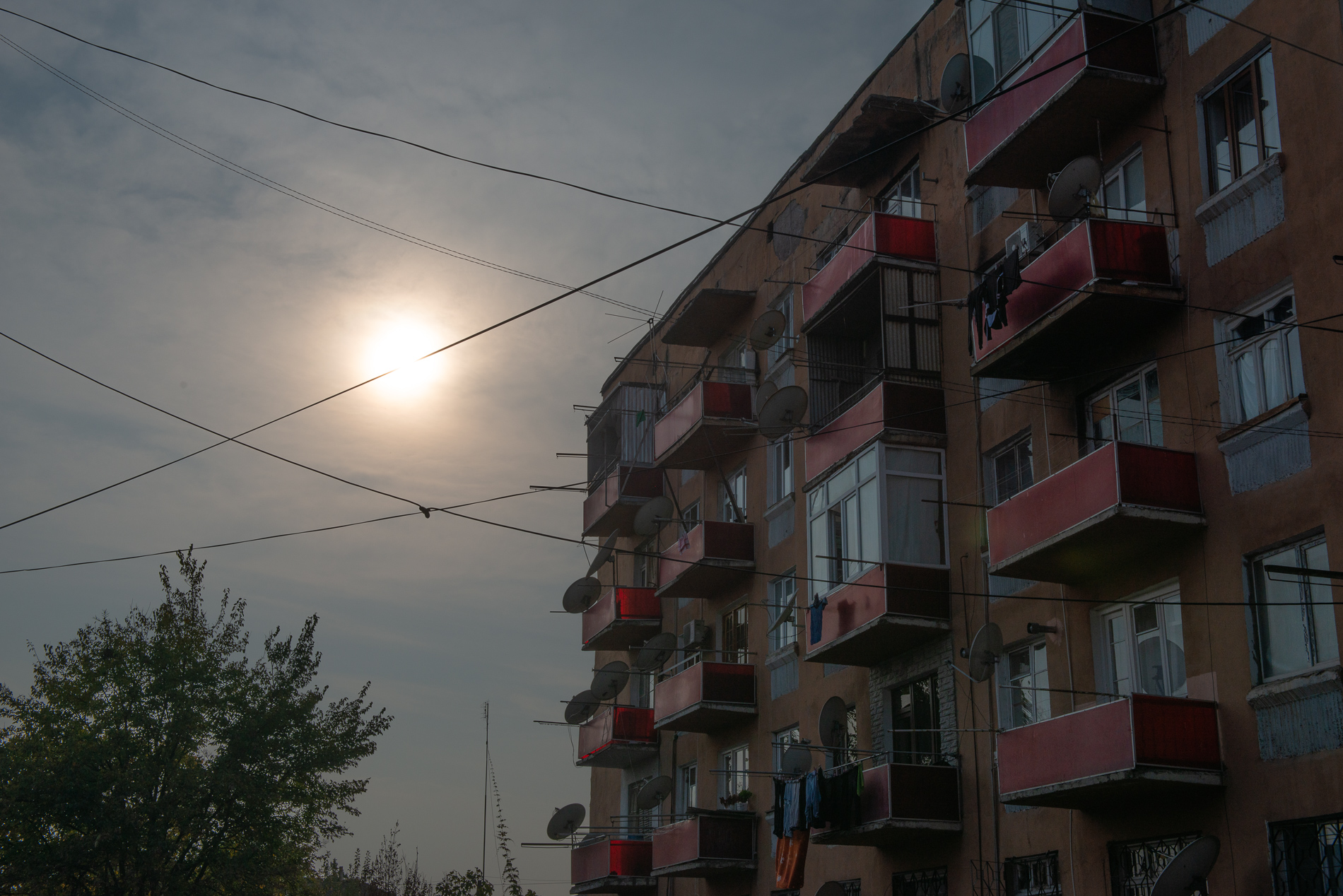
On 30 March, people gathered in front of the city hall calling for the distribution of social aid packages that had been announced. The packages were meant for socially vulnerable families and the elderly, a fact many in Marneuli were seemingly unaware of.
Mayor Zaur Dargali blamed the opposition for the protest accusing them of spreading ‘disinformation’. Mamedova says people were simply confused.
‘People didn’t know what the officials were doing. There were protests precisely due to a lack of communication. They don’t understand this culture of keeping their own citizens informed.’
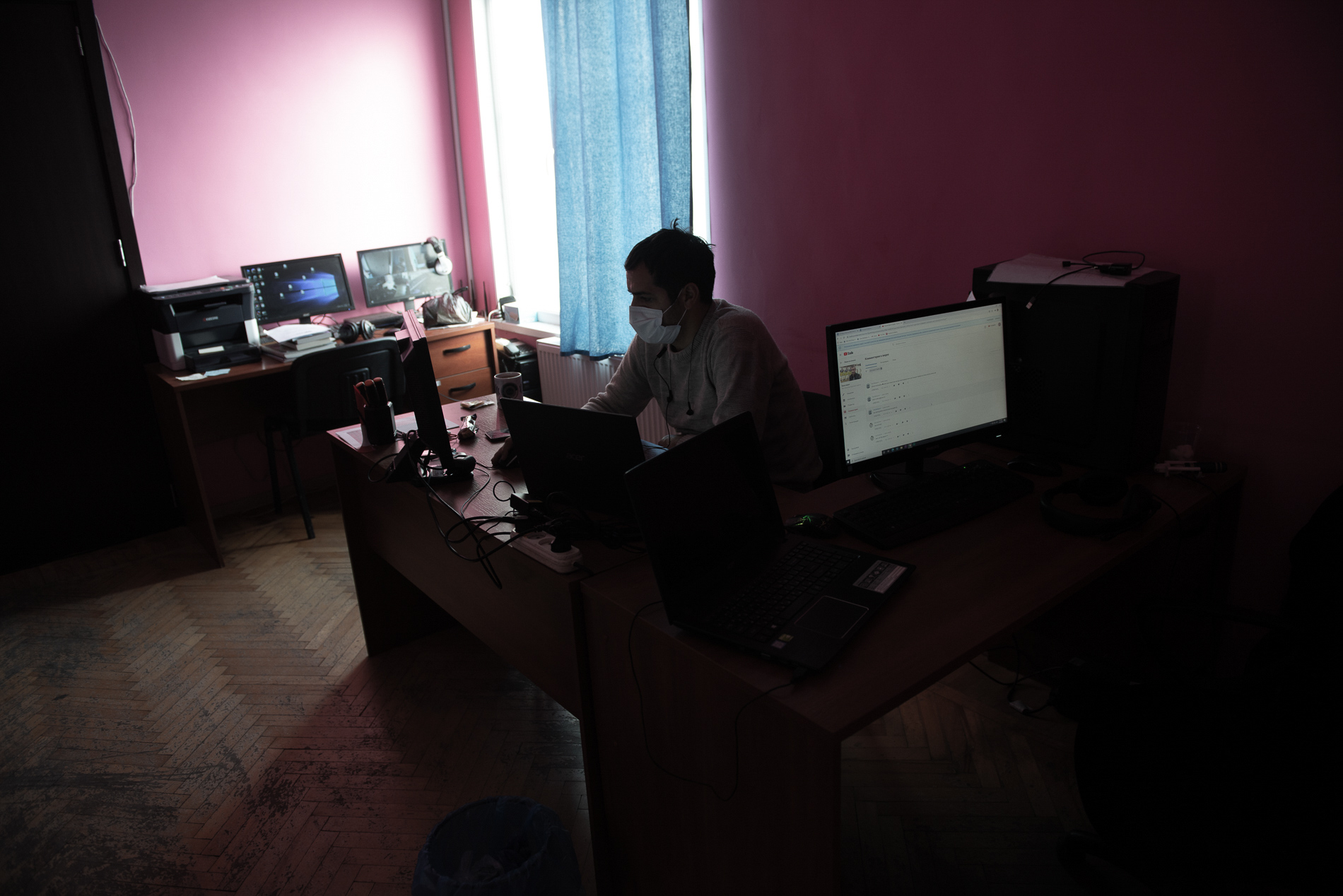
Both Amiran Gamkrelidze and Paata Imnadze of Georgia’s National Centre for Disease Control advised the head of the local medical centre, Eter Laperadze, to use the help of an Azerbaijani epidemiologist to speak to people in their own language. The epidemiologist agreed to speak with Radio Marneuli if his managers allowed it — which they did not.
Laperadze herself refrains from speaking to journalists even on the seasonal flu vaccine.
‘She’s not even dropping the call, she simply picks up and doesn’t say a word’ Radio Marneuli journalist Vladimer Chkhitunidze says.
Chkhitunidze, a staff journalist who reported last December on the approval of the annual budget in the municipality, recalls the mayor denying that there was any problem accessing information from the state.
He says that since that first lockdown, the authorities have not changed their approach, and that if journalists receive any answer, it is simply to direct them from one official to another.
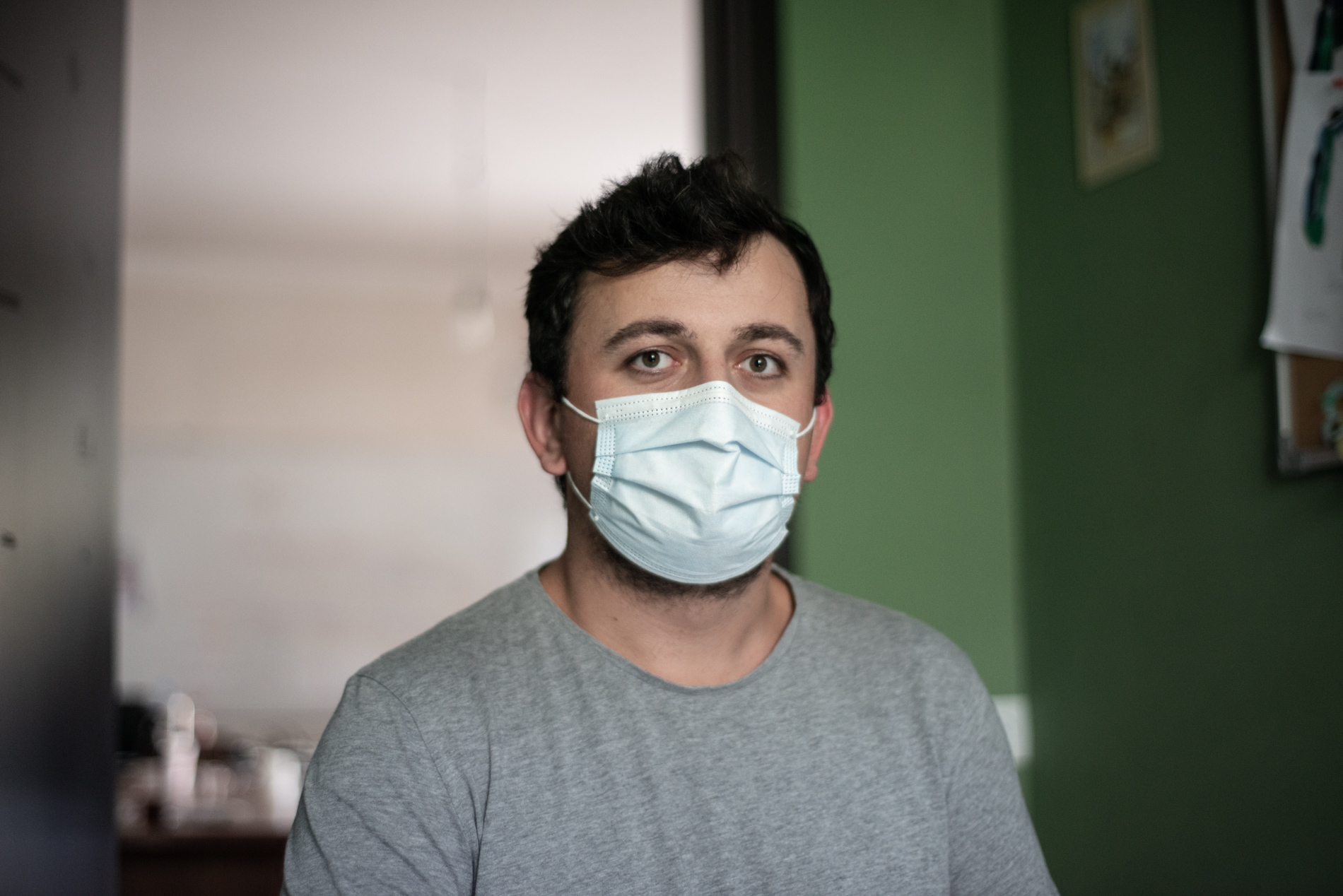
‘In the end, they ask us to write a public information request that is not relevant by the time the answer arrives — if it ever does.’
‘These are the problems we have always talked about — but now it’s about people’s lives.’
Radio Marneuli has continued to work throughout the pandemic, strictly following the regulations, as even one infected employee could cut independent media coverage for the whole municipality.
The staff stopped inviting guests to their shows to minimise contact and they wear facemasks at all times. However, due to a lack of public awareness of safety measures, journalists still have to take risks.
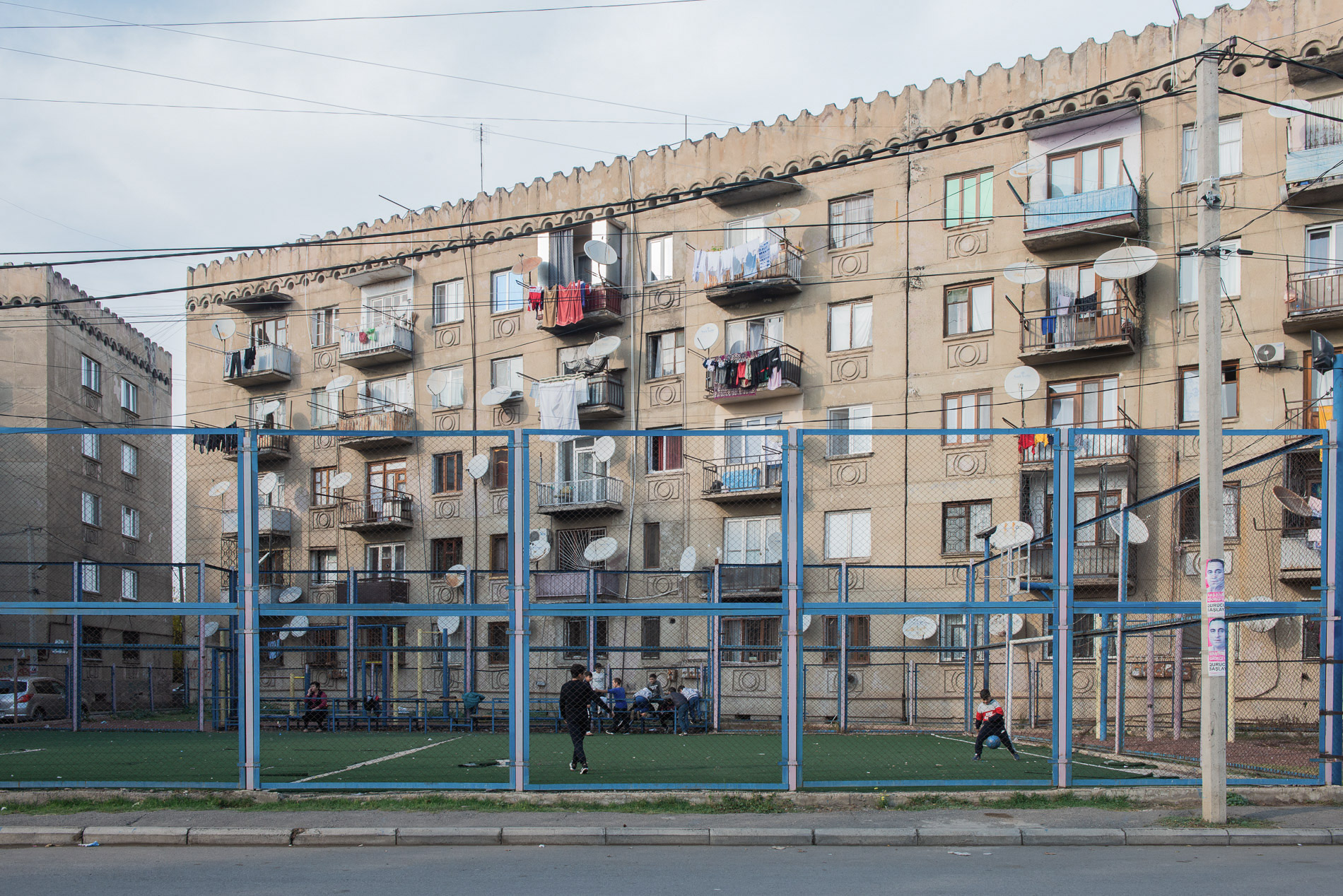
‘Our journalists frequently use minibuses to the villages, often being the only person wearing a mask inside this tiny space for 30 minutes.’
‘People here don’t believe the virus is serious. They know it exists but they don’t realise these restrictions are necessary, and often assign it political meaning’.
Tiko Davadze, a journalist at Radio Marneuli, also recalls the first lockdown as a challenging time to be a journalist.
‘It was very difficult when we realised that everyone was waiting for information from us. We moved our equipment to our homes and worked there, and we didn’t miss a single show. Sometimes there would be the sounds of a tractor or someone chopping wood in the yard, but those were the conditions we had to tolerate for two weeks.’
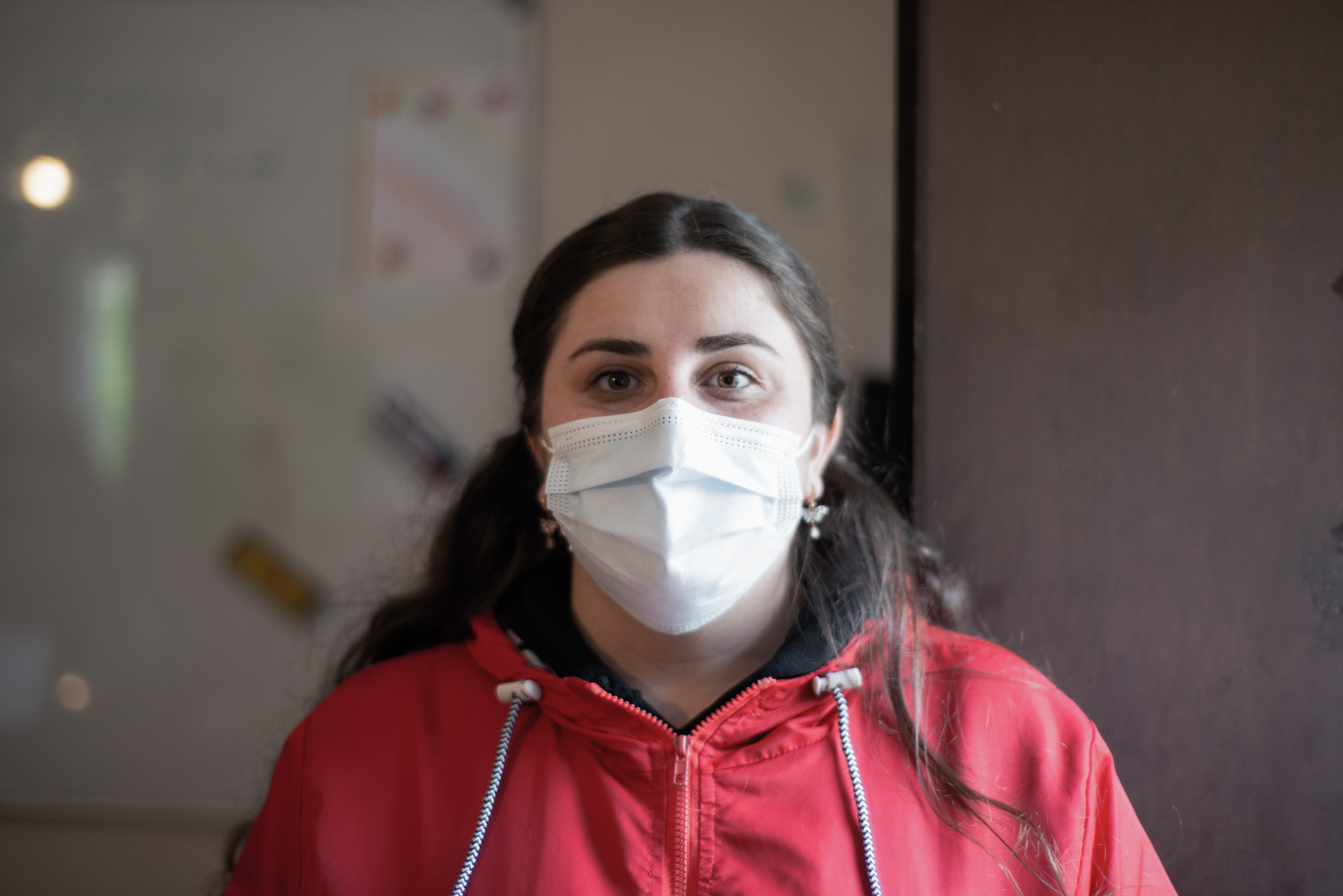
Reflecting on the experience Kamilla Mamedova compares the situation to the channel that runs through the city.
‘Sometimes it dries out and all the rubbish is exposed’, she says. ‘This is exactly what happened.’
‘The integration, the problem with the language barrier, the decentralisation of the government — where the governor acts like a spokesperson for an elected mayor. These are the problems we have always talked about — but now it’s about people’s lives.’
OC Media made repeated efforts to contact the Marneuli City Hall for comment, but our questions, like those of Radio Marneuli’s, were left unanswered.
This article was prepared with support from the Friedrich-Ebert-Stiftung (FES) Regional Office in the South Caucasus. All opinions expressed are the author’s alone, and do not necessarily reflect the views of FES.






